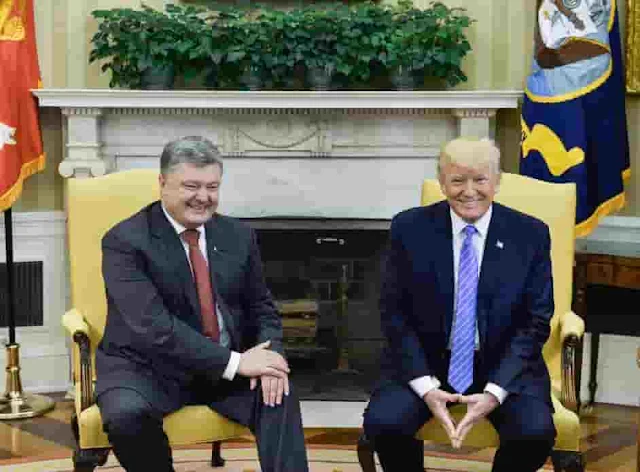Six months after a White resident told reporters that
President Trump had aced a well-regarded test of cognitive impairment, a gaggle of
doctors are warning that the exam may are compromised by the resulting news coverage, which
revealed a number of its questions.
Until it’s clear whether the exposure hindered the
effectiveness of the test referred to as the Montreal Cognitive Assessment, or MoCA, doctors should think
about using alternatives, said Dr. Hourmazd Haghbayan, who made that argument with
colleagues during a letter published Monday within the medical journal JAMA Neurology.
“When I saw that this test was being disseminated to the
mass population, and in some cases individuals were being invited to require it online, I
wondered whether there would be an effect,” said Dr. Haghbayan, a medical resident at The University of Western Ontario who wrote the letter while at the University of Toronto.
The group collected data to point out how widely the test’s
questions were publicized after Dr. Ronny L. Jackson, a flag officer within the Navy then
the White resident mentioned it at a press conference in January.
Dr. Jackson, who later withdrew as nominee for veterans affairs
secretary under a cloud of scandal told reporters at the time that Mr. Trump was in
“excellent” overall health and that he had landed an ideal MoCA score.
“The incontrovertible fact that the president got 30 out of
30 thereon exam, I feel that there’s no indication whatsoever that he has any cognitive issues,” Dr.
Jackson said.
Mr. Trump has long faced questions on his mental stability
and his fitness for office. He has occasionally skilled them directly, as he did in
early January when he described himself on Twitter as “a very stable genius.”
Using a Google News search, Dr. Haghbayan, and his colleagues
found 190 articles published within the days after the announcement that
mentioned MoCA in regard to the president.
Of those, quite half published several exam questions —
including a piece of writing by The Times — while 84 presented readers with the complete test,
either presenting it within the body of the article or linking thereto.
All of the articles
mentioned one variant of the test, version
Search interest for MoCA spiked at the time.
But the effect
of the news coverage may have outlasted that news cycle, the researchers said.
“Given ongoing interest in age-associated cognitive
function, public awareness of specific cognitive tests, like the MoCA, may still increase,” they
wrote.
“It is feasible that the MoCA’s applicability could also be compromised in
individuals exposed to its contents via such mainstream media reporting.”
In an email on Tuesday, the creator of the test, Dr. Ziad Nasreddine
of Montreal, acknowledged that the resulting publicity may have had an
impact, but argued that it would likely be limited to healthy patients.
“For already mildly impaired subjects, I doubt that the training effect is critical since these subjects usually have already significant STM loss,”
he said.
Still, he added, it'd be wise for doctors to use less-publicized
versions of the exam so as to maintain valid control groups.
MoCA has gained acceptance as a fast and straightforward
thanks to screening for general cognitive impairment and is employed at Reed, all 31 of the National
Institute on Aging’s Alzheimer's Disease Centers, and other hospitals.
It involves
asking patients to repeat words, identify pictures of animals and draw clocks set to a
selected time.
Doctors have several other methods of assessing cognitive
impairment, including alternative versions of MoCA itself, said Dr. Haghbayan, who
acknowledged that the letter could bring even more attention to the test.
“It’s all a balance of informing the general public,” he
said, adding that “it would be best to report on it during a more general sense.”

0 comments:
Post a Comment